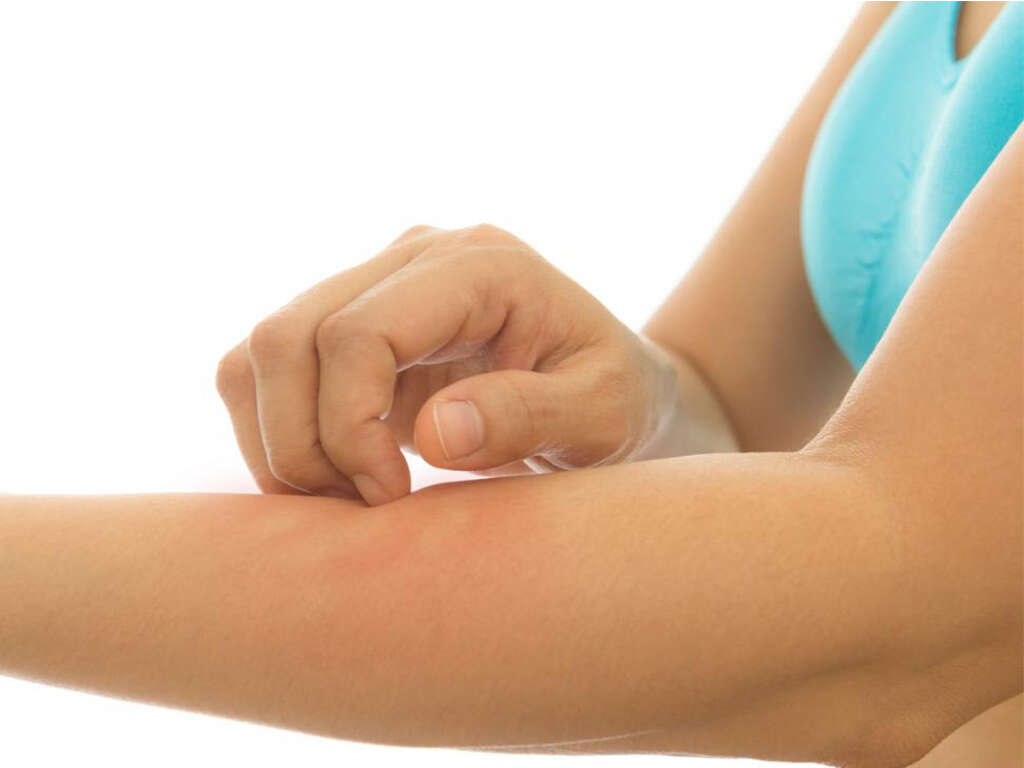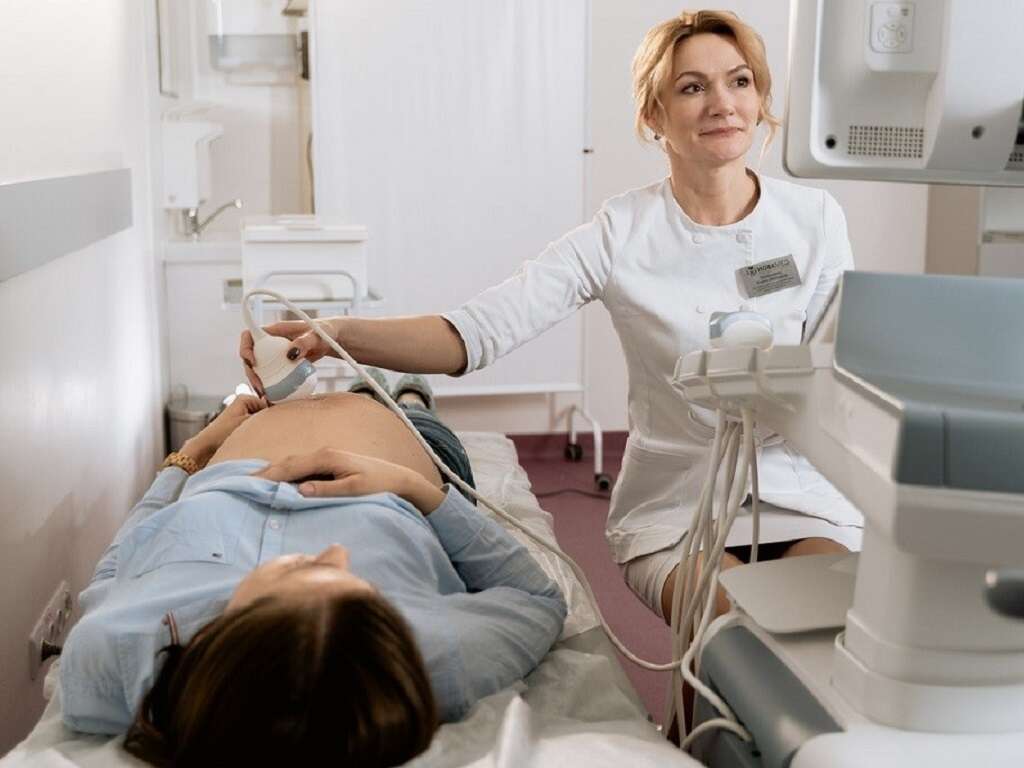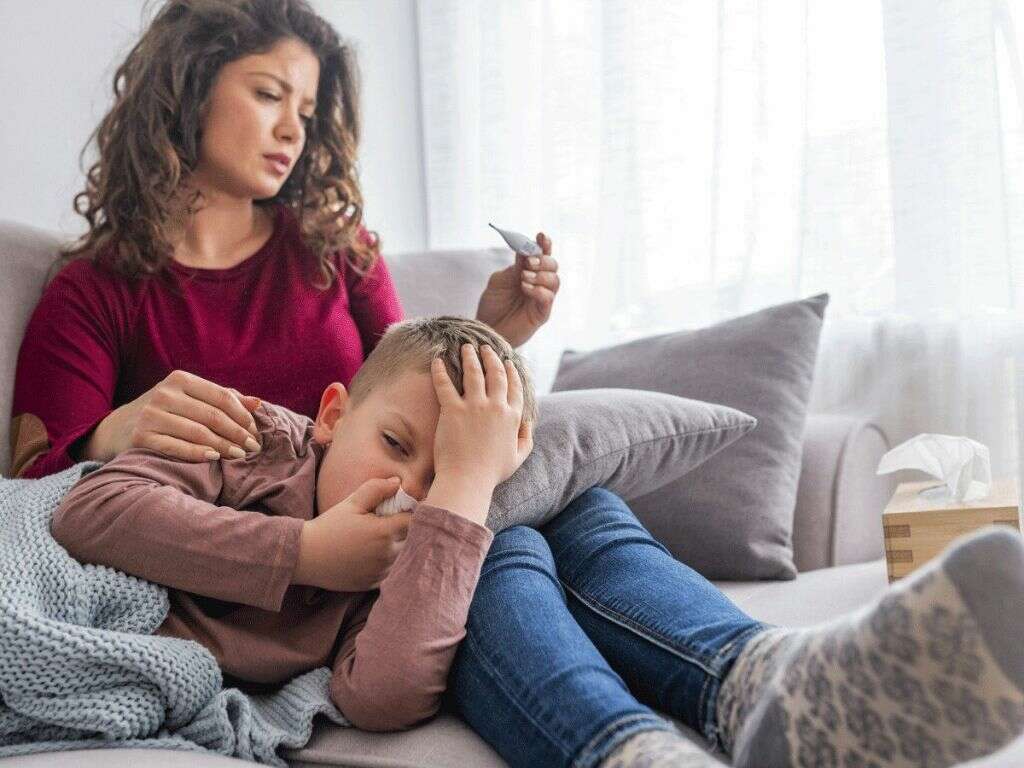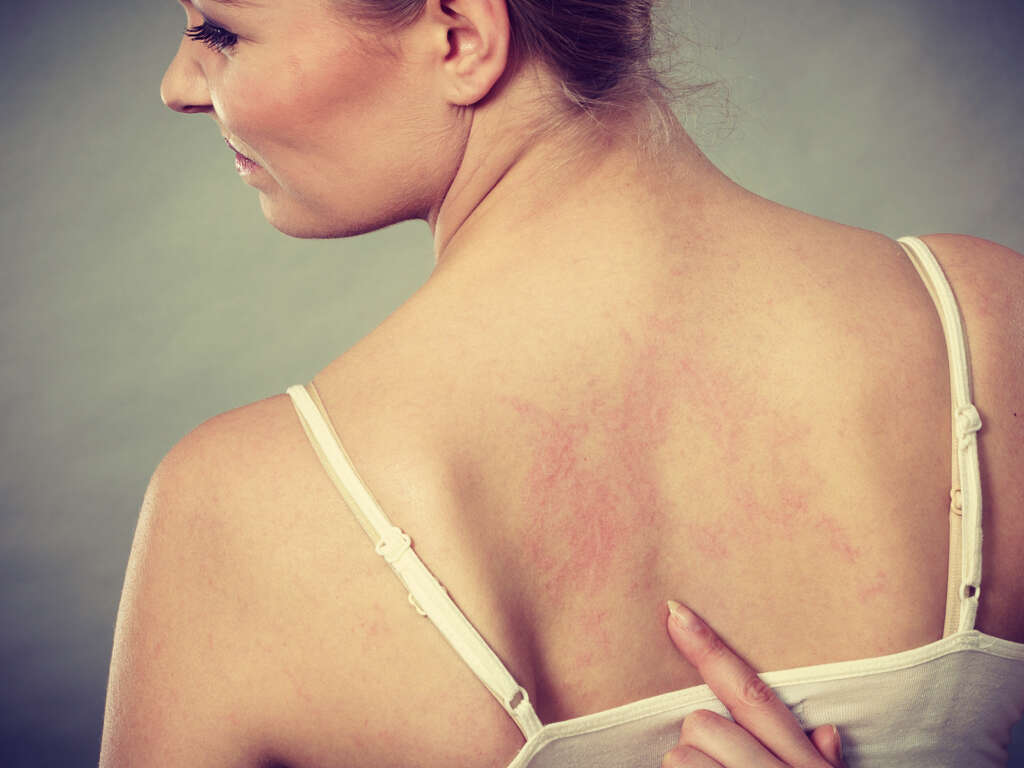10 Symptoms of Roseola
Roseola is a disease that nearly always affects children, although adults can catch it on rare occasions. It is very common and it usually affects children by around the age of two. Most children in America will have caught the disease by the time they have reached kindergarten age.
Fortunately, roseola is only a very mild illness. The symptoms are also mild and will only usually cause minimal discomfort to the patient. It will also clear up within a few days or so, having caused no damage whatsoever.
Below are 10 symptoms of roseola to look out for.
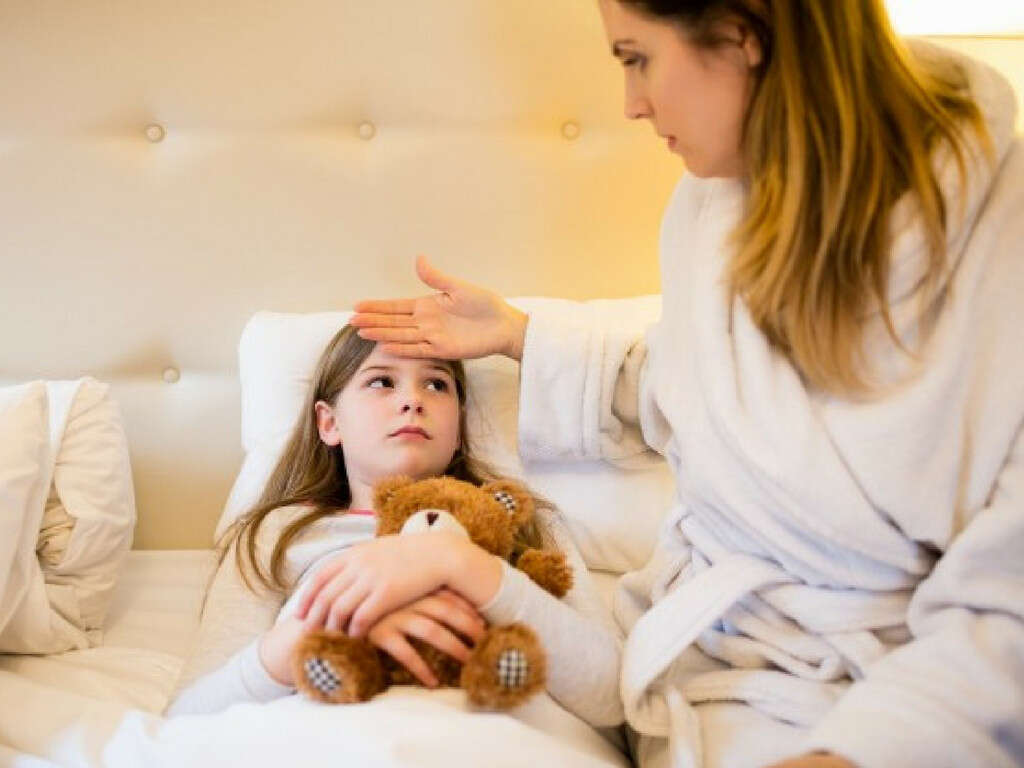
Symptom #1: Runny Nose
Every single day, many gallons of air pass through our noses as we breathe. Countless pathogens contained in this air are being inhaled into our lungs, where they may be able to cause havoc. Fortunately, though, we have defenses that help to prevent these pathogens from doing harm.
Patients suffering from roseola will often present with flu-like symptoms in the early stages of the disease. A runny nose is a non-specific symptom that can be associated with many conditions and it shouldn’t be used on its own as a diagnostic sign of roseola.
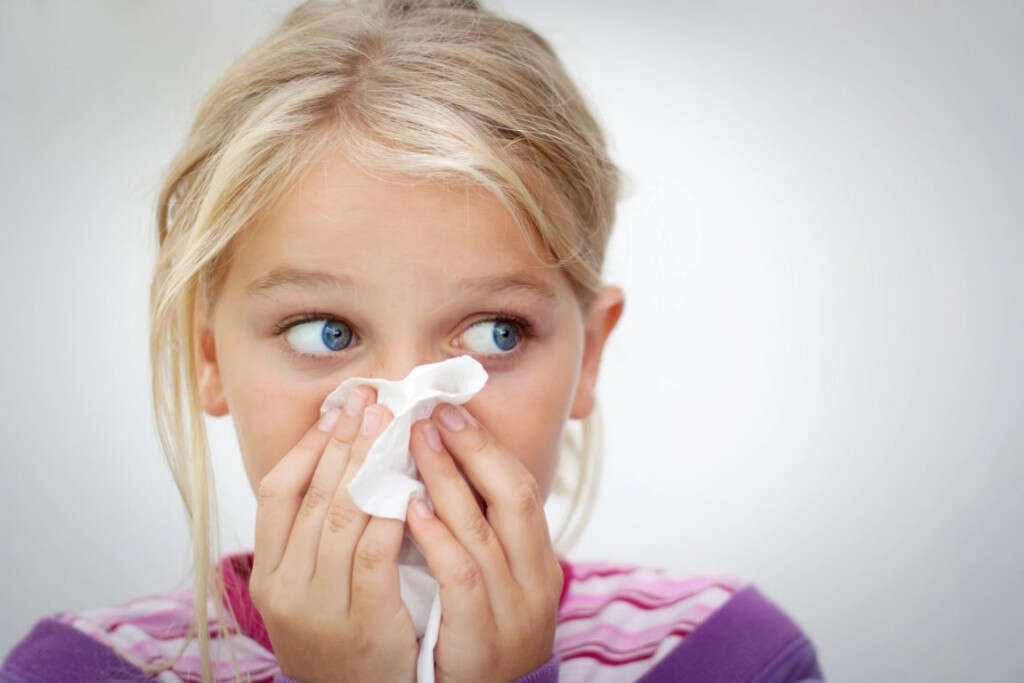
Symptom #2: Cough
If you accidentally breathe in smoke or dust, you are likely to cough. This is the body’s way of ejecting unwanted particles from the body and it can be very effective. It also helps to eject pathogens from the body and is often a reaction to certain illnesses or conditions within the body.
A cough is a fairly common symptom and is likely to be experienced in children with roseola. It can be uncomfortable for the child but is not usually something to be overly concerned about in itself. The cough is also usually accompanied by a sore throat.
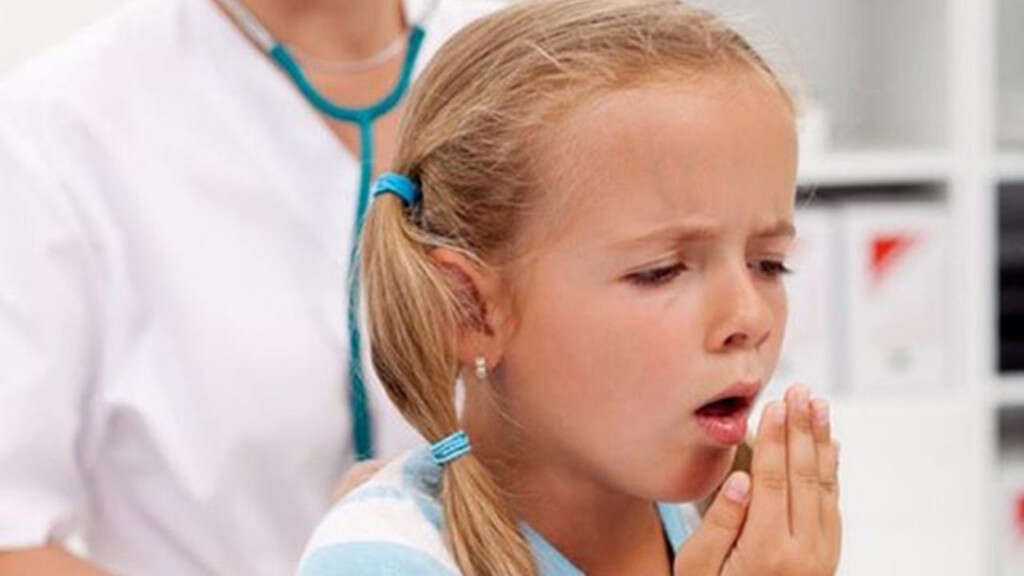
Symptom #3: Fever
A fever is often quite alarming when it happens in small children. It is usually nothing to be concerned about, though. If anything, it is helping them to recover from their illness. The same goes for cases of roseola, and a fever is often the first symptom that will be noticed in the disease.
The roseola fever will usually start quite high, often more than 103°F. It will not usually last for long, though, and should pass within 3 to 5 days of it first arriving. While fevers are not something to be concerned about, very young children should still be monitored closely if they have one.

Symptom #4: Diarrhea
Often, when we are ill, we will encounter diarrhea. It is a symptom that has many potential causes and can range considerably in severity. It is also a symptom of roseola. Although the symptom should not be too harsh, it can still make things very difficult and sometimes messy when dealing with small children.
While it is not nice, diarrhea is not usually dangerous, especially when it is only mild such as with roseola. Still, though, it is something that should be supervised as it can lead to dehydration and malnutrition. The very vulnerable, in particular, should be closely monitored.
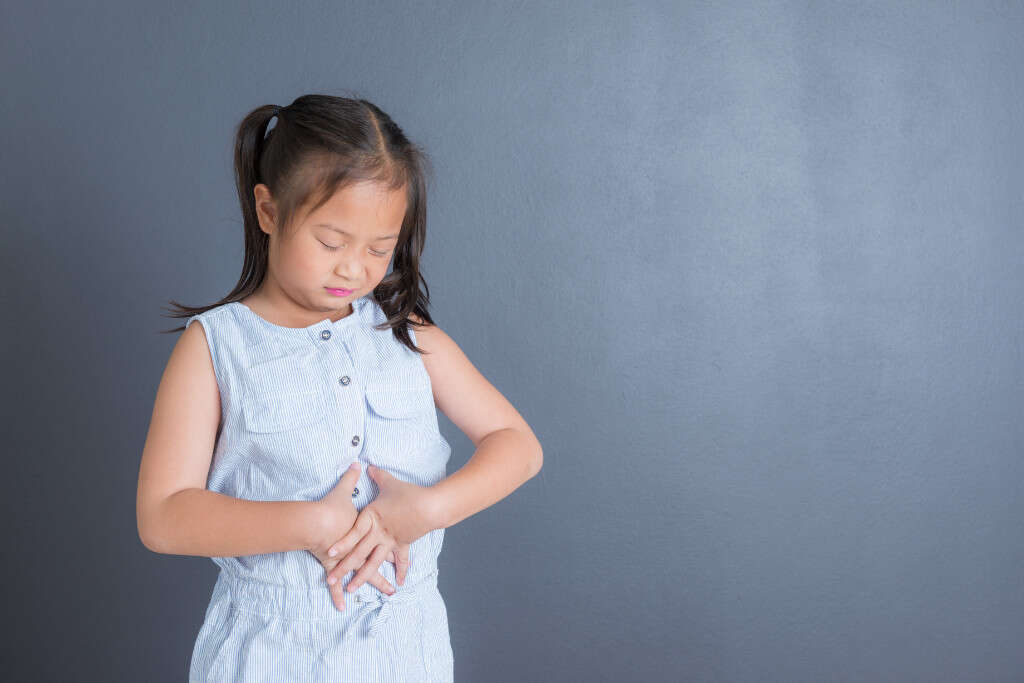
Symptom #5: Rash
The rash associated with roseola appears like lots of small pink patches or spots. They can be raised but are usually flat and some might have a white ring around them. The rash will usually be found first on the chest, abdomen, back, neck, and arms. It might also spread to the face and legs.
An itchy rash can be extremely uncomfortable for very young children. Fortunately, though, the rash that comes with roseola is not itchy at all. The rash usually appears after the fever goes away and it can last a few days.
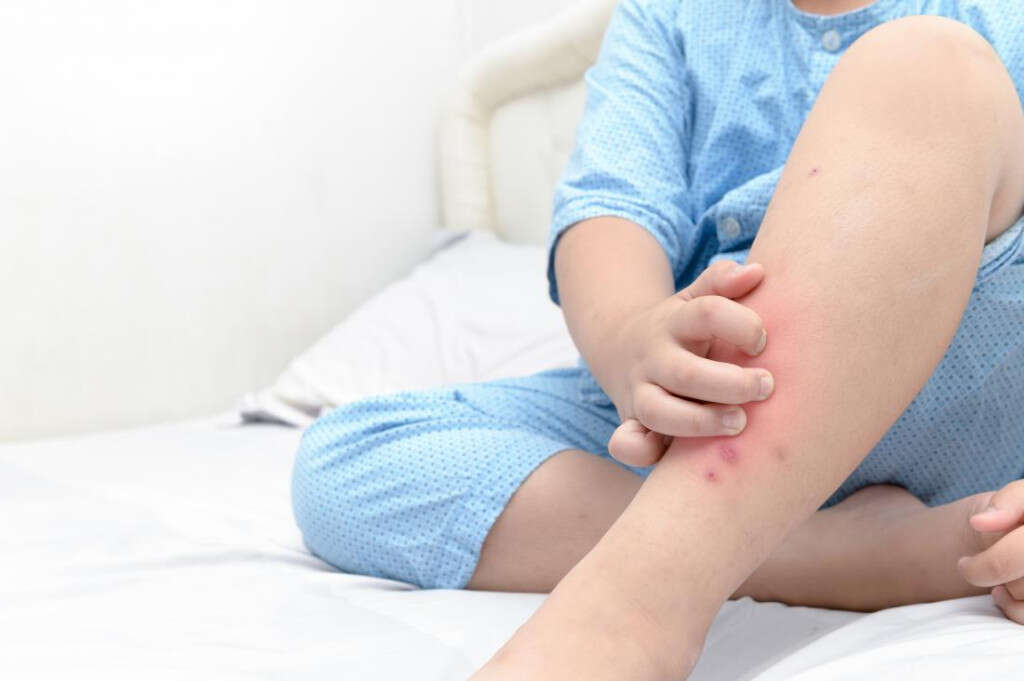
Symptom #6: Swollen Lymph Nodes
The lymph nodes make up a very important part of our natural defense system. They help to filter potentially dangerous pathogens from the bodily fluids, while they also house a lot of white blood cells that can be called into action to protect the body when needed. They are found mostly in the neck, around the armpits, and in the genital area.
When we are ill, the lymph nodes can be called into action. This can cause them to become swollen as they are working hard for the cause. In the case of a roseola infection, patients usually experience swollen lymph nodes in their necks.
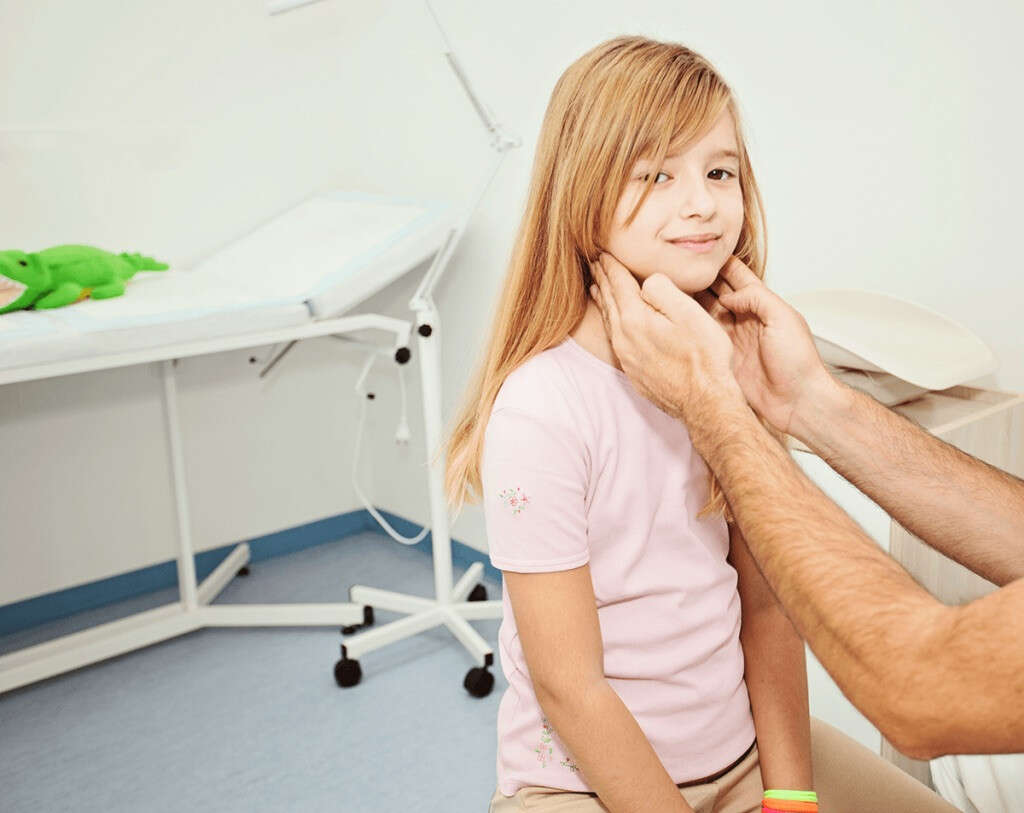
Symptom #7: Irritability
Some children can be difficult to work with at the best of times. They can be erratic and prone to tantrums and it can be very difficult to reason with them. Thankfully, though, most children are generally well behaved and are a pleasure to be with most of the time.
Roseola, however, can make children very irritable. Irritability can be particularly difficult in children because they won’t be able to understand why they feel the way that they do. The good news is that the illness should not last long, and the irritability should pass once the child has recovered.
Excessive crying despite constant efforts to relieve the child is a common sign of irritability in small children. They could also be restless and not behave as they normally do.

Symptom #8: Swollen Eyelids
Another symptom that is a bit of a giveaway where roseola is concerned is the patient’s eyelids can become swollen. This swelling of the eyelids can give the impression that the patient is tired and needs to get some sleep. The symptom is harmless and will pass in a few days or so once the illness has been treated.
While this symptom is nothing to be concerned about as such, it can also be a sign of an allergic reaction. Allergic reactions can be dangerous, so you should monitor the child to be sure they don’t show any other symptoms of an allergic reaction.
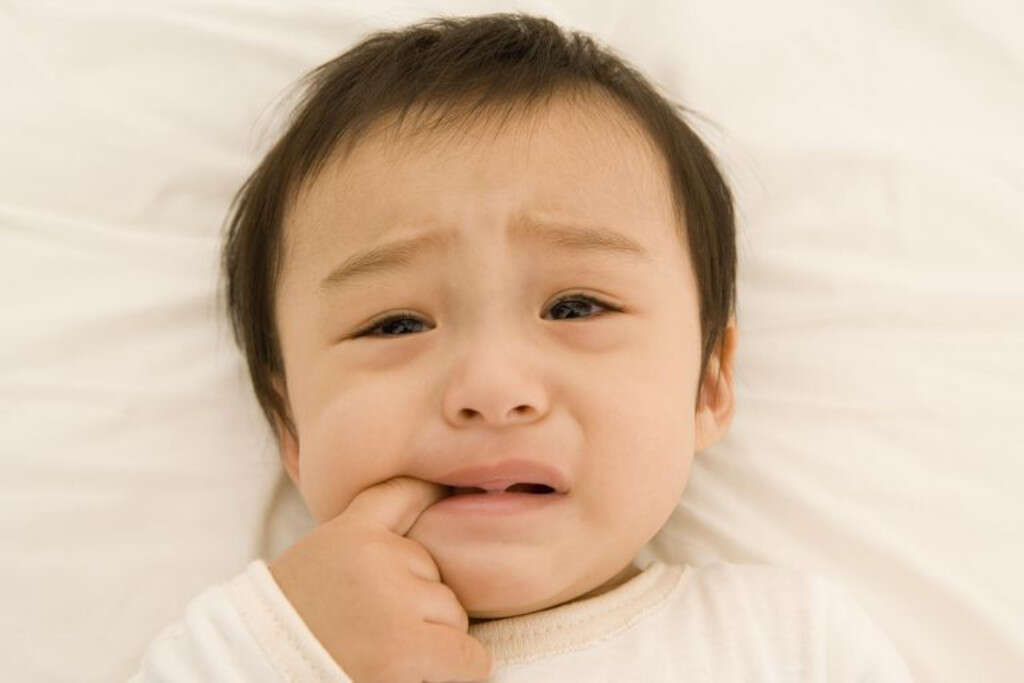
Symptom #9: Appetite Loss
A good appetite is very important for children of all ages. When they are young, they are growing and developing and they need a lot of nutrition to help them grow big and strong. Their development will slow down as they get older, so it is essential they grow as much as they can when they are still able.
One symptom of roseola is that it can cause the child to experience a loss in appetite. They may go off their food and this can be concerning to parents. While it is important that young children take on a lot of nutrition, though, the symptom should only last for a few days and they will be eating like usual before long.
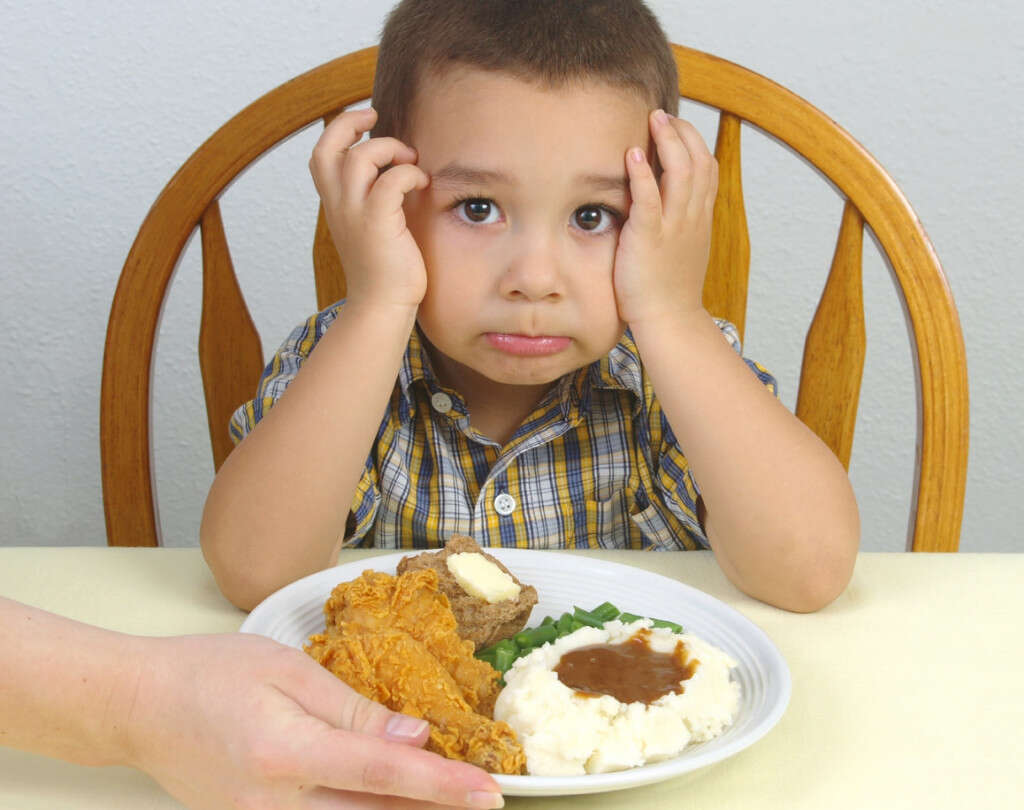
Symptom #10: Febrile Seizures
While a fever in children can be concerning to parents, they are usually harmless to the child. This is not made any easier, though, when the fever soars high enough to cause a febrile seizure. This can cause unconsciousness, twitching, moaning, and losing control of their bladders.
Roseola begins with a very high fever; therefore, febrile seizures may occur. This is not a very usual symptom to appear but it is quite alarming to witness. It is important to seek medical attention as soon as possible if a child goes through a seizure in order to prevent further complications.




